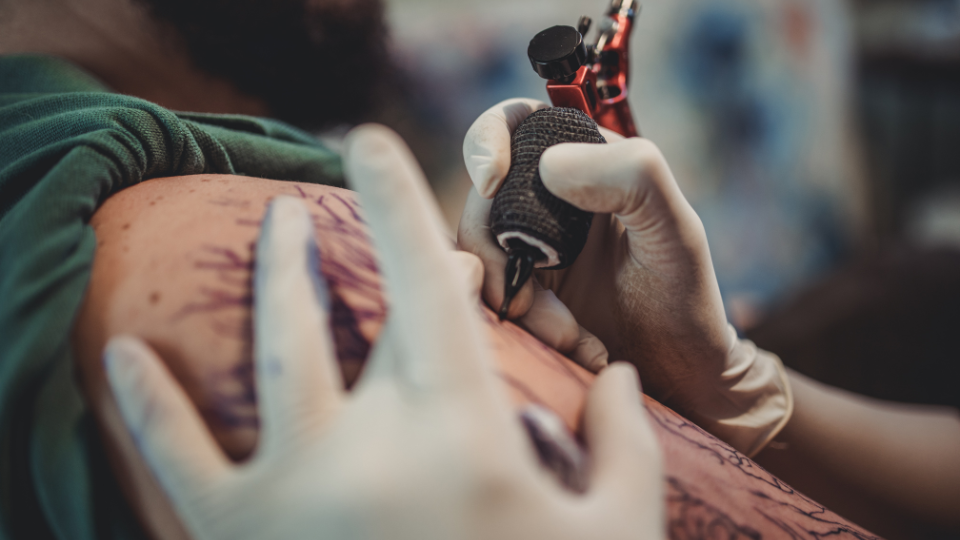Tattoos have become increasingly popular in recent decades, but a new study suggests a potential link between tattoo ink and an increased risk of lymphoma, a type of blood cancer.
The Rise of Tattoos and Potential Health Risks
Tattoos are a form of body art created by inserting pigmented ink into the skin. While generally considered safe, concerns exist about the long-term health effects of tattoo ink, which often contains potentially carcinogenic (cancer-causing) chemicals. These chemicals include primary aromatic amines, polycyclic aromatic hydrocarbons, and certain metals. Additionally, the tattooing process itself triggers an immune response, leading to the movement of tattoo ink from the injection site. While deposition of tattoo pigment in lymph nodes has been documented, the potential health consequences remained unclear.
Swedish Study Investigates Tattoo-Lymphoma Link
This new research, conducted by scientists in Sweden, utilized the country’s comprehensive national registers to investigate the association between tattoos and the development of malignant lymphoma. The study design involved a case-control approach. Researchers identified all new cases of malignant lymphoma diagnosed between 2007 and 2017 in individuals aged 20 to 60 years old. These cases were then matched with three control subjects per case from the general population, ensuring similar age and sex distribution.
Exposure Assessment and Key Findings
Exposure to tattoos was assessed through a questionnaire administered in 2021. The study also collected data on other factors that could potentially influence lymphoma risk, such as smoking history and medical conditions. Using statistical analysis, researchers calculated the risk of developing lymphoma in tattooed individuals compared to those without tattoos.
The study, involving over 11,000 participants, revealed a concerning trend. Individuals with tattoos had a 21% higher risk of overall lymphoma compared to those without tattoos. However, it’s important to note that this doesn’t necessarily prove causation.
Duration of Tattoo Exposure and Specific Lymphomas
Interestingly, the study found a link between the duration of tattoo exposure and lymphoma risk. Individuals with tattoos applied less than two years before the study exhibited the highest risk (81% increase). The risk seemed to decrease with an intermediate exposure duration (3 to 10 years) but then increased again for those tattooed 11 or more years before the study.
Furthermore, the association with tattoo exposure appeared strongest for specific types of lymphoma, namely diffuse large B-cell lymphoma and follicular lymphoma. These findings warrant further investigation.
Limitations and the Need for More Research
While the study provides valuable insights, it has limitations. The observational nature of the research doesn’t definitively prove that tattoos cause lymphoma. Other factors could be at play. Additionally, the study relied on self-reported tattoo history, which might be prone to recall bias.
Conclusion and Public Health Implications
This study raises important questions about the potential health risks associated with tattoos. While the increased risk observed is modest, it highlights the need for further research to confirm these findings and establish causality. This research should involve larger studies and consider additional factors like specific tattoo ink ingredients and application techniques.
In the meantime, individuals considering tattoos should be aware of this potential association and discuss it with their healthcare provider. Additionally, choosing reputable tattoo parlors that use high-quality, regulated inks might be a prudent precaution. By promoting awareness and conducting further research, we can better understand the potential health risks of tattoos and ensure informed decision-making for those considering body art.
Other Topics: Medicine and Health Science, Natural Science, Agricultural Science, Engineering & Technology, Social Sciences & Humanities

